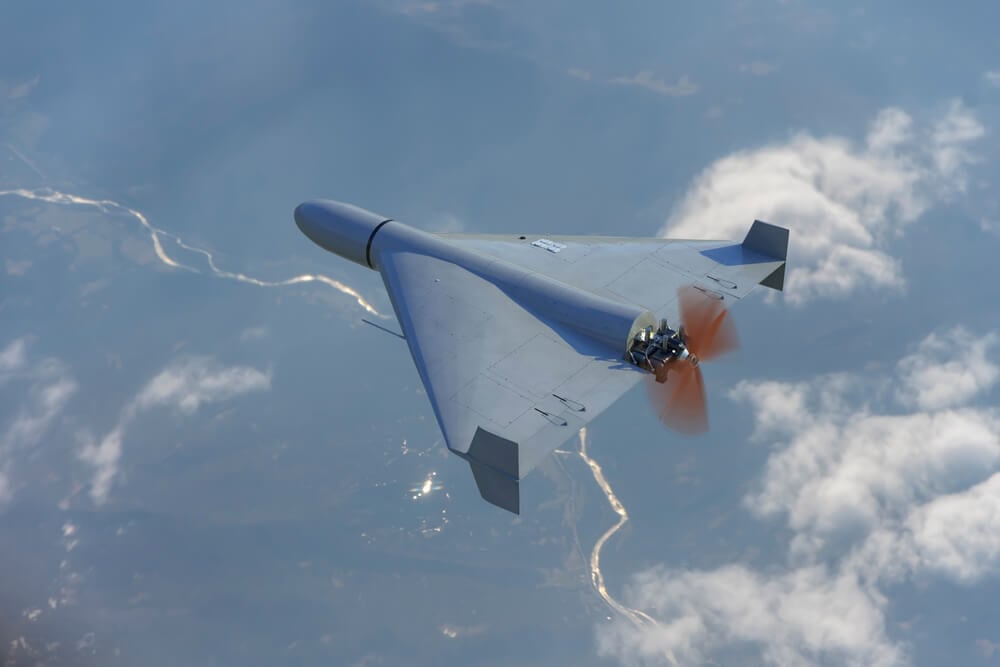Palestinian leader Mahmoud Abbas has arrived in Moscow at a time when Iran's attack on Israel is expected "within days," further exacerbating the crisis in the region centred on the Palestinian issue.
The President of the Palestinian Authority will stay in Moscow until Wednesday. This is his first visit to the old ally since 2021.
In view of the tensions surrounding the expected Iranian attack on Israel, Mahmoud Abbas and his dialogue partners in Moscow cannot hope for major results from these talks.
In a way, the Palestinian leader confirmed that he has no high expectations from the talks in Moscow, including the meeting with Vladimir Putin, even though relations between Russia and Palestine are traditionally strong.
“The main objective of our visit is to exchange views on the latest developments in Palestine and the international scene, coordinate positions and strengthen bilateral relations in all areas,” said Abbas before leaving for Moscow.
In the shadow of China
The meeting between Abbas and Putin comes just after an ambitious Chinese-brokered meeting of all Palestinian factions in Beijing, where agreements were reached that surpass previous attempts at so-called Palestinian unity.
A meeting of 14 Palestinian factions in Beijing in late July, including Abbas' Fatah and rival Hamas, resulted in a joint declaration in which they pledged to form a national unity government at an unspecified date in the future.
Mahmoud Abbas's arrival for talks with Vladimir Putin will be in the shadow of the new Chinese diplomatic surge in the Middle East
While other similar breakthroughs have occurred, this particular development represents progress in comparison to previous generally fruitless efforts to achieve intra-Palestinian agreements. The head of Chinese diplomacy even described it as "an important historical moment in the cause of Palestinian liberation."
The last failed attempt to reach an agreement took place in Moscow, where representatives of all Palestinian factions met at the end of February and beginning of March to achieve the same goal under Russian mediation.
In this context, Mahmoud Abbas's arrival for talks with Vladimir Putin will be in the shadow of the new Chinese diplomatic surge in the Middle East. However, this is of little concern to Russia and its leader.
Limited ambitions
Moscow has no ambitions to play the role of chief mediator in resolving the crisis in the Middle East, let alone international credibility for such a mission. But it wants to maintain connections as part of international efforts to reach a solution and, above all, to derive diplomatic benefit from this solution.
Putin wants to be part of China's diplomatic operations in the Middle East, but the extent of that involvement will ultimately be determined by Beijing. In this respect, Moscow is a useful ally for China, as it has extensive relations with both rival factions, Fatah and Hamas.
Russia is endeavouring to be present in the resolution of the regional crisis because it wants to promote its influence in the Global South by supporting the Palestinian cause
The Palestinian issue has traditionally been a focal point of Russian Middle East policy. Its support for the Palestinian state project is strongly characterised by Russia's anti-colonial orientation in foreign policy.
Moreover, Russia is endeavouring to be present in the resolution of the regional crisis because it wants to promote its influence in the Global South by supporting the Palestinian cause.
In this respect, the Palestinian leader's talks in Moscow will benefit the host much more, as it is another episode in which they demonstrated their presence at one of the most complex points of global politics.
Relations with Iran are more important than Palestine
On this occasion, however, Moscow and Putin will need to consider the extent of their support for Abbas and his Fatah, given that he has further invested in an alliance with Iran, a country frequently criticised by Abbas for its support of the rival Hamas.
 Iranian support for Russia, particularly in the form of weapons, is of strategic importance for its invasion of Ukraine - Shahid Combat Drone
Iranian support for Russia, particularly in the form of weapons, is of strategic importance for its invasion of Ukraine - Shahid Combat Drone
Iranian support for Russia, particularly in the form of weapons, is of strategic importance for its invasion of Ukraine. Moscow will therefore not want to jeopardise relations with Tehran under any circumstances, not even at the expense of its traditionally strong relations with Fatah.
“The external interference, particularly by Iran, has no other objective than to sow chaos in the Palestinian internal arena, which will only benefit the Israeli occupation and the enemies of our people,” Fatah recently declared in reference to Iran's involvement in internal Palestinian relations.
Abbas' visit to Moscow after almost four years will therefore be an opportunity for the Palestinian leader to problematise Russian support for Hamas, which did not cease after the terrorist attacks on Israel on October 7, in which at least 16 Russian citizens died.